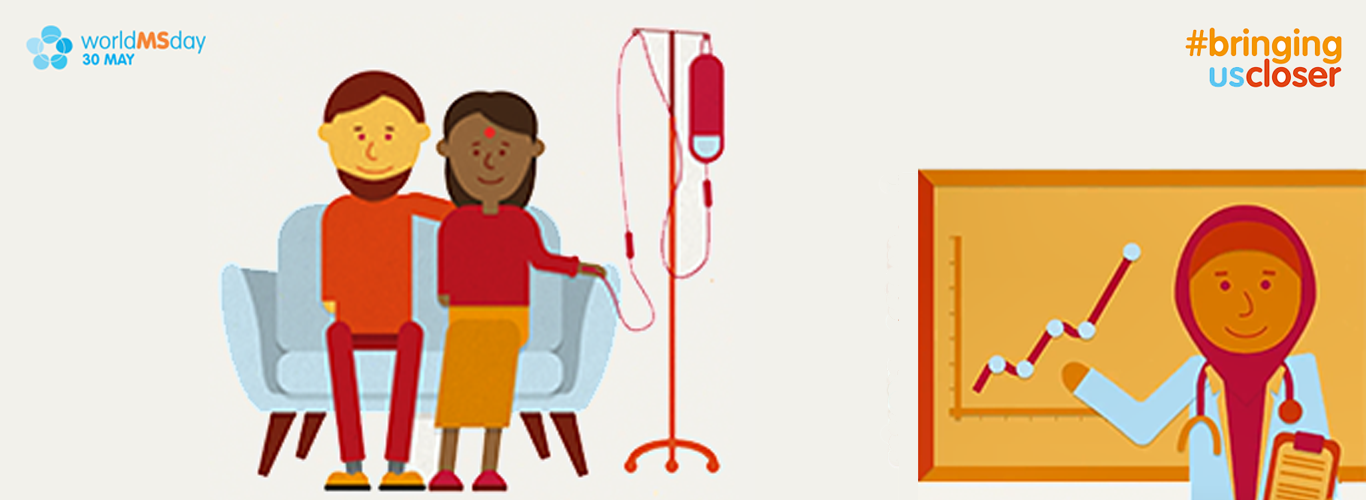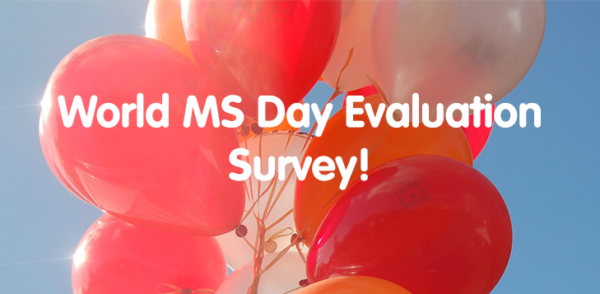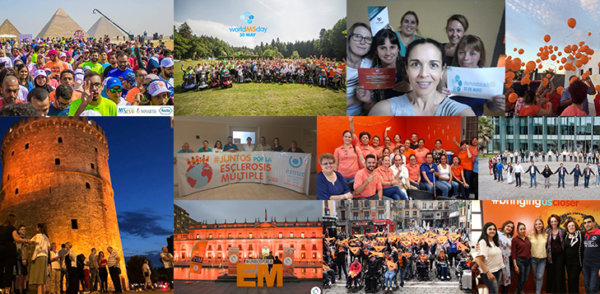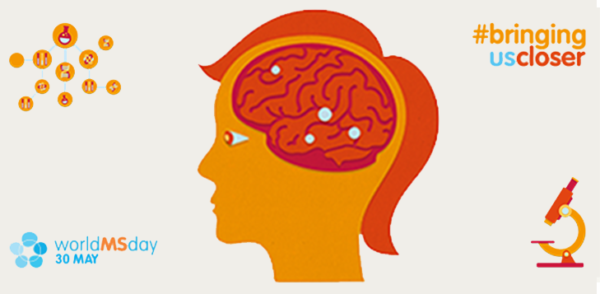MS registries: putting people with MS at the heart of research

MS affects people all over the world. MS registries are one of the many advances in MS research that are bringing us closer as a global MS community and closer to ending MS.
A growing number of MS organisations, patient organisations, hospitals and governments are recognising the value of gathering long term data about people with MS to create MS registries.
Registry data can help to inform the research, diagnosis and treatment of people living with MS in their country or even across the entire world, in the case of multi-national registries. Registries are used to answer key research questions, to aid the design of and recruitment to clinical trials and they can provide long term evidence of how treatments affect people, both for benefits and unwanted side effects. By gathering key data all the time, they are growing a vital resource to help answer the questions we don’t even know to ask. In some cases, patient and MS organisations also use MS registries as a tool for patient advocacy, using the data to advocate for positive changes for people with MS.
MS registries put people living with MS at the heart of MS research, empowering people with MS all over the world to help shape the future of MS research, diagnosis and treatment. Some registries collect the data through visits to clinics, others through online portals where people with MS update the register data themselves. This self-reported information from people with MS is known as patient reported outcomes (PROs).
Here are some of the exciting examples of MS registries in Europe and Australia that are inspiring countries in many other regions, including India, to develop their own databases.
MSBase
The MSBase Registry is the first online global MS registry. Originating in Australia, MSBase is now an international collaboration that shares, tracks and evaluates outcomes in MS. Since its creation in 2004, MSBase has gathered more than 52,000 patient records from 33 participating countries. The project aims to improve our understanding of MS and improve healthcare for those living with MS by making thousands of patient records available for MSBase members (neurologists and their healthcare teams) to access electronically.
Big MS Data (BMSD)
Big Multiple Sclerosis Data (BMSD) is a fantastic example of how international collaboration can harmonise national data to create multi-national databases. BMSD arose from an unmet need within the global MS research community for ‘big data’ – large quantities of information that can be analysed to reveal meaningful patterns in MS. So, MSBase (Australia), OFSEP (France) and the Danish, Italian and Swedish national MS registries pooled their data to create the BMSD Network. By providing comprehensive, international data, BMSD aims to bring significant progress in MS research that will improve quality of life with MS.
Danish MS Registry
Established in 1956, the Danish MS Registry contains data, reaching as far back as 1921, on people diagnosed with MS. The Registry, which is funded by the Danish MS Society, aims to gather data on all Danish residents diagnosed with MS in order to advance MS research. The project is pioneering in its use of new technology to improve diagnosis and treatment, as shown by its online database system, which uses data to send instant online notifications directly to MS clinics.
UK MS Registry
The UK MS Society encourages people with MS to help generate new research by contributing to the UK MS Register, which combines data from clinical visits with data gathered as PROs, through a web portal. People can also join additional studies by simply completing an online survey or by accepting an invitation to join in a clinical study. The Register aims to vastly increase knowledge and understanding of fundamental questions about MS, such as how different types of MS affect different people and whether there could be regional differences in MS treatment and care.
The UK MS Society website explains, ‘the knowledge we gain from this study will also fuel campaigns for fair, relevant policy and improved healthcare for people living with MS.’

Swedish MS Registry
The Swedish MS Registry was launched in 2001, when neurology departments at hospitals across Sweden came together to create a common system to register people with MS. It has since developed a handy web portal for people with MS to easily submit information about their condition that will contribute to wider MS care and treatment, either at home or during visits to MS clinics. The registry brings together more than 70 care facilitates across Sweden.
Atlas of MS
The Atlas of MS is another great example of how national and regional data can be used to create international databases that improve understanding of MS on a global scale and improve people’s quality of life with MS worldwide.
The Atlas is the most extensive worldwide study of the global incidence and prevalence of MS (epidemiology) and the global availability of and accessibility to resources for people with MS. First established in 2008, the Atlas was revised in 2013 and is scheduled for another update in 2020. You can access the 2013 global data here. The new 2020 figure Atlas shows 2.8 million people around the world now live with MS. You can access the latest data here.
German MS Registry
There are around 240,000 people with MS living in Germany. After recognising a lack of reliable data on the prevalence of the disease and its underlying forms, the German MS Society (DMSG) sought to standardise data on the prevalence of MS and its social impact (e.g. on employment) by creating a national MS registry.
A total of 5 centers participated in the pilot phase from 2002 to 2004. Today, 180 centers are involved in the project, creating up to 32,000 data records each year.
Related news
Tell us what you thought of World MS Day 2018 by filling in our Evaluation Survey and help shape the…

Discover the highlights from World MS Day 2018: Bringing Us Closer.

Exploring the vital role of brain banks across the globe in progressing research into MS and other neurological diseases.
